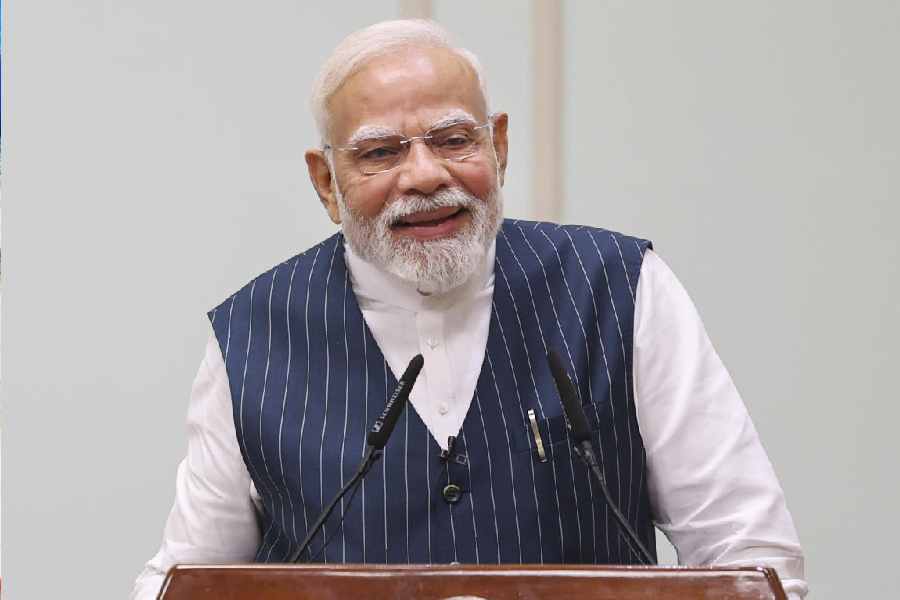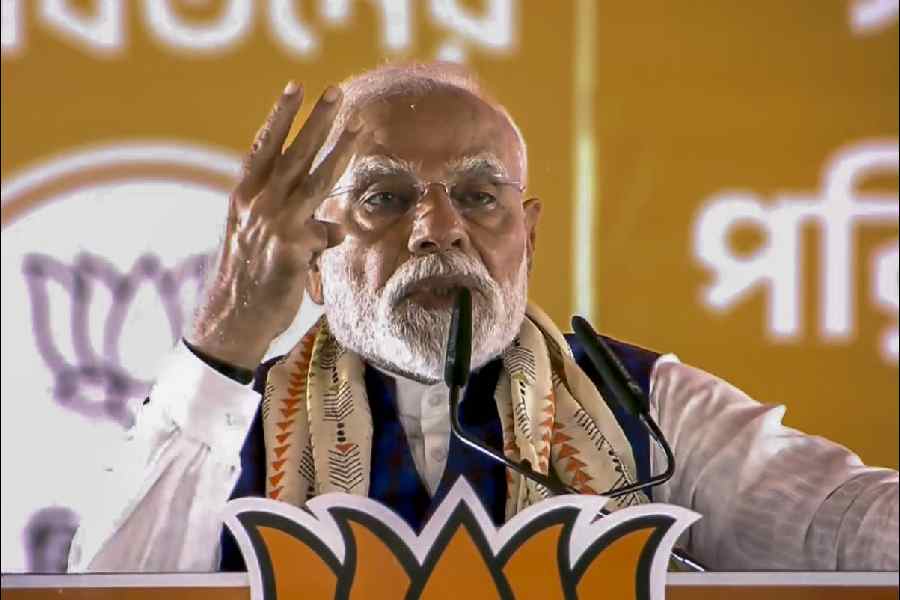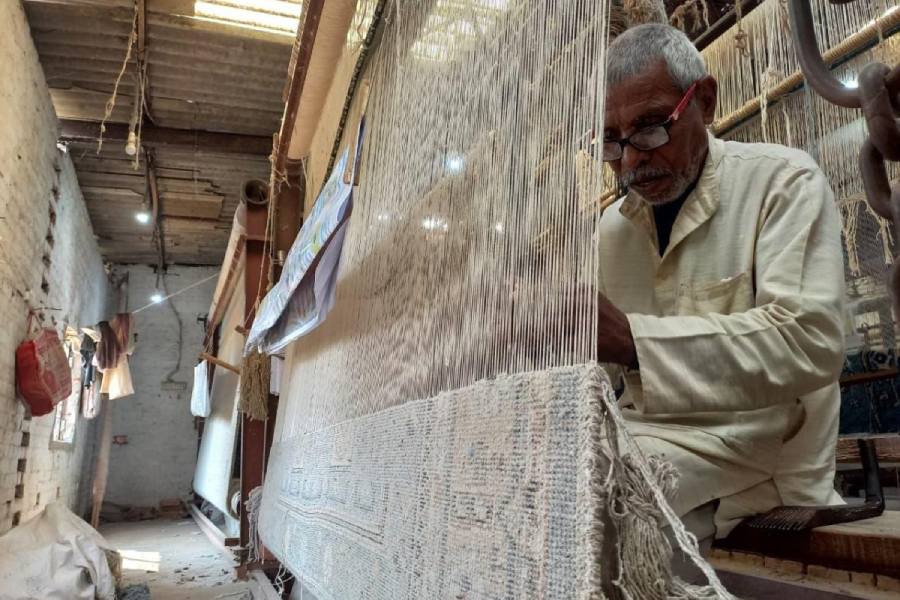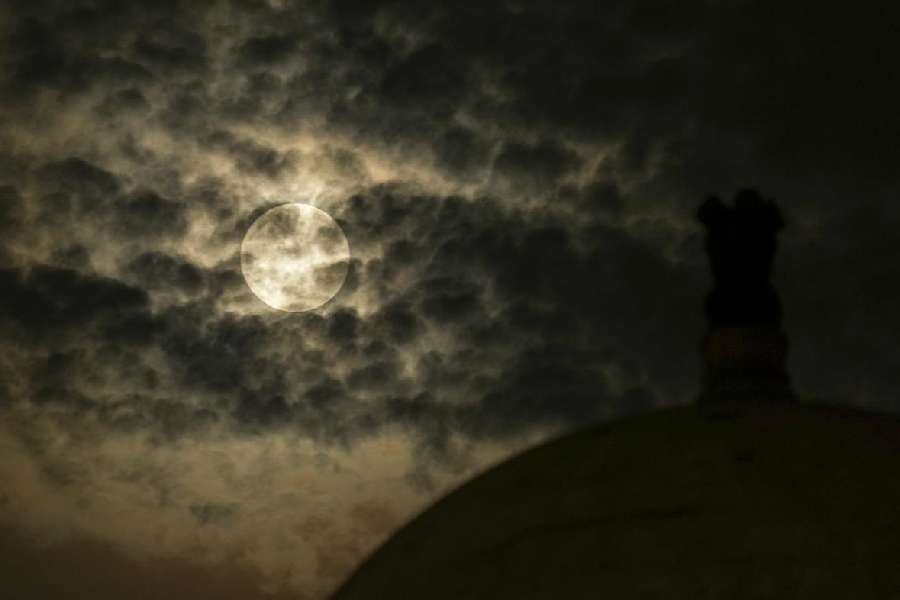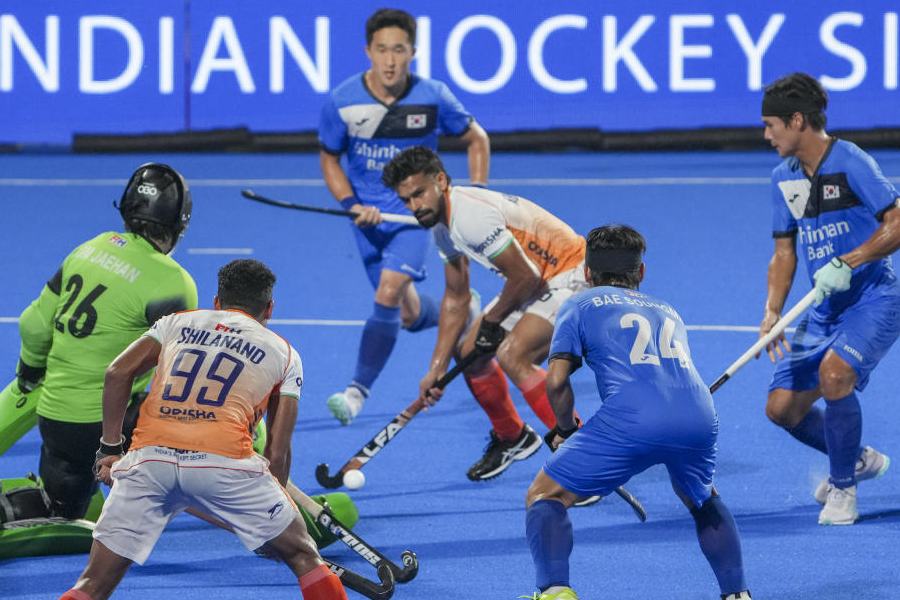 |
| Shape of things: The subcontinent?s altered profile (PTI) |
The Supreme Court deserves the thanks of those who do not want the national anthem to be politicised, for having thrown off this week a public interest petition with a mistaken underlying objective. The petition by Sanjiv Bhatnagar, a speed-skating champion and a lawyer, is seemingly innocent and logical too. It argues that, in the second line of Jana Gana Mana, the word ?Sindhu?, as it occurs in ?Punjab-Sindhu-Gujarat-Maratha?, is in urgent need to be dropped. It is because the province of Sindh is now a part of Pakistan and so retaining it in the national anthem not only militates against the national territory as defined by the Constitution, but also hurts the sovereignty of Pakistan. Instead, suggests the petition, the word Kashmir should be brought in place of ?Sindhu?, as that would maintain the metrical balance of the lines yet be truthful to the post-Partition contour of the Indian states. While refusing to admit Bhatnagar?s petition, the three-judge bench, headed by Chief Justice of India R.C. Lahoti, permitted him nonetheless to draw the government?s attention to this.
If the judges had so desired, they could have discovered that the petition is riddled with inconsistencies that make it seem frivolous, and not worth the government?s time and attention. In the song that Rabindranath Tagore composed in 1911 (it was sung on December 26 that year at the Congress session in Calcutta) ?Sindhu? appears not as a defined territorial code but as an evocative link in a long sweep of place names.
If the other place names in the national anthem bear resemblance to the nomenclature of post-Partition Indian states, it?s more a coincidence than historical continuity. For example, ?Banga? in the original song is quite different territorially from the Indian state of West Bengal, representing a fraction of its area. And so is Punjab. Besides, if the occurrence of Sindh in the national anthem was so galling, it?d have been pointed out by members of the Constituent Assembly. But they didn?t do so.
On the other hand, they quibbled so much on replacing Jana Gana Mana with Vande Mataram, a song that invokes the nation as a goddess and could thus be unacceptable to Muslims, that Nehru had to put off the debate on it for nearly a year.
However, Bhatnagar?s intention becomes more visible as he requests for insertion of Kashmir in place of Sindh. Tagore was careful in choosing the place names, confining himself to only provinces in British India, and not mentioning the princely states. He even avoided a newly annexed territory like Burma (1886). It is unthinkable to suggest that the spirit of the author would be violated to make an interpolation in its wordings, and that too with a state whose inclusion in the Indian Union remains controversial till today. The petitioner wants Sindh to be removed as he doesn?t want to hurt Pakistanis, but Kashmir is obviously a different matter to him!
The petition is of a piece with a few determined attempts by the erstwhile NDA government, led by its BJP ideologues, to bring down the value of Jana Gana a few notches, and raise Vande Mataram to a higher pedestal. Last year, it amended the Prevention of Insult to National Act, 1971, by giving Vande Mataram, the national song, the same status as the national anthem. It was preceded by a clever campaigning through the Hindutva websites that resurrected the decades-old charge that Tagore?s song was a command performance aimed at felicitating George V, the visiting British monarch. The charge was dug up even when Tagore was alive, and he replied that the ?dispenser of India ?s destiny?, as invoked in the song, couldn?t be ?George V or VI or any George for that matter?. The song was of course sung at the 1911 Calcutta session of the Congress to pay tribute to the British king as the party was grateful to him for having abrogated the 1905 Bengal partition. But Tagore maintained that he?d written the song as a devotional piece.
While Bhatnagar?s petition mentions that Dr Rajendra Prasad, the first elected President of India, said that the national anthem would be subject to such alteration in the words as the government may desire from time to time, the fact is that Prasad was among the proponents of the view that Jana Gana Mana should be replaced by Vande Mataram as the national anthem. But Nehru knew of Vande Mataram?s communal potential as its use by predominantly Hindu agitators against the Bengal partition had triggered riots at many places in the province. At the end, it is Nehru?s voice that prevailed.
The fact that the national honours need not remain in step always with the changing features of political cartography is best seen in neighbouring Pakistan. The country?s national emblem shows at its centre four items of agriculture ? tea, wheat, cotton and jute ? even today, decades after its jute-growing eastern half seceded to form independent Bangladesh. But nobody in Pakistan is agitated over the continuance of a crop that?s non-existent in his country.

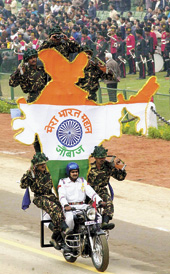
![Bhupen Hazarika, and Narendra Modi [in set]](https://assets.telegraphindia.com/telegraph/2025/Sep/1757289025_new-project-2025-09-08t052013-286.jpg)


